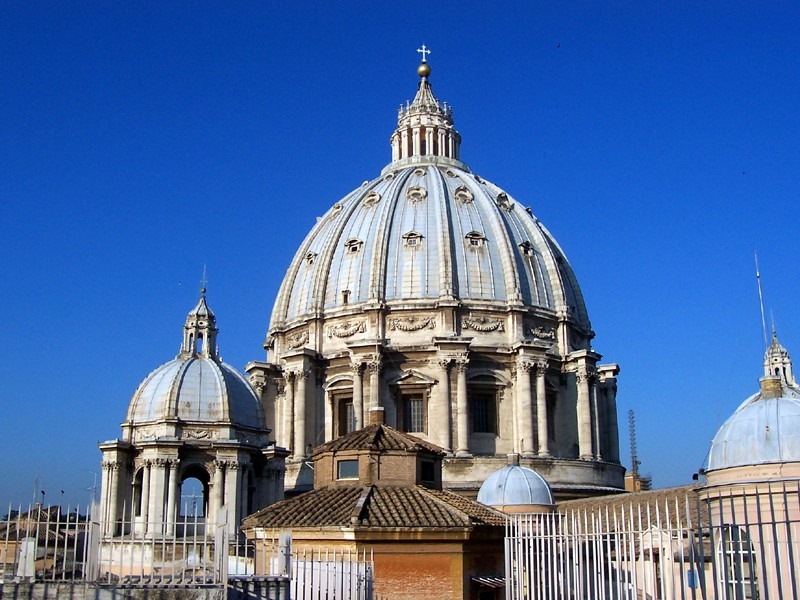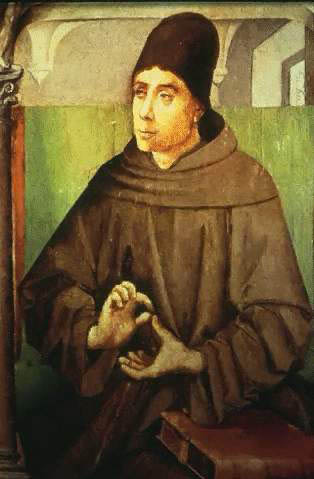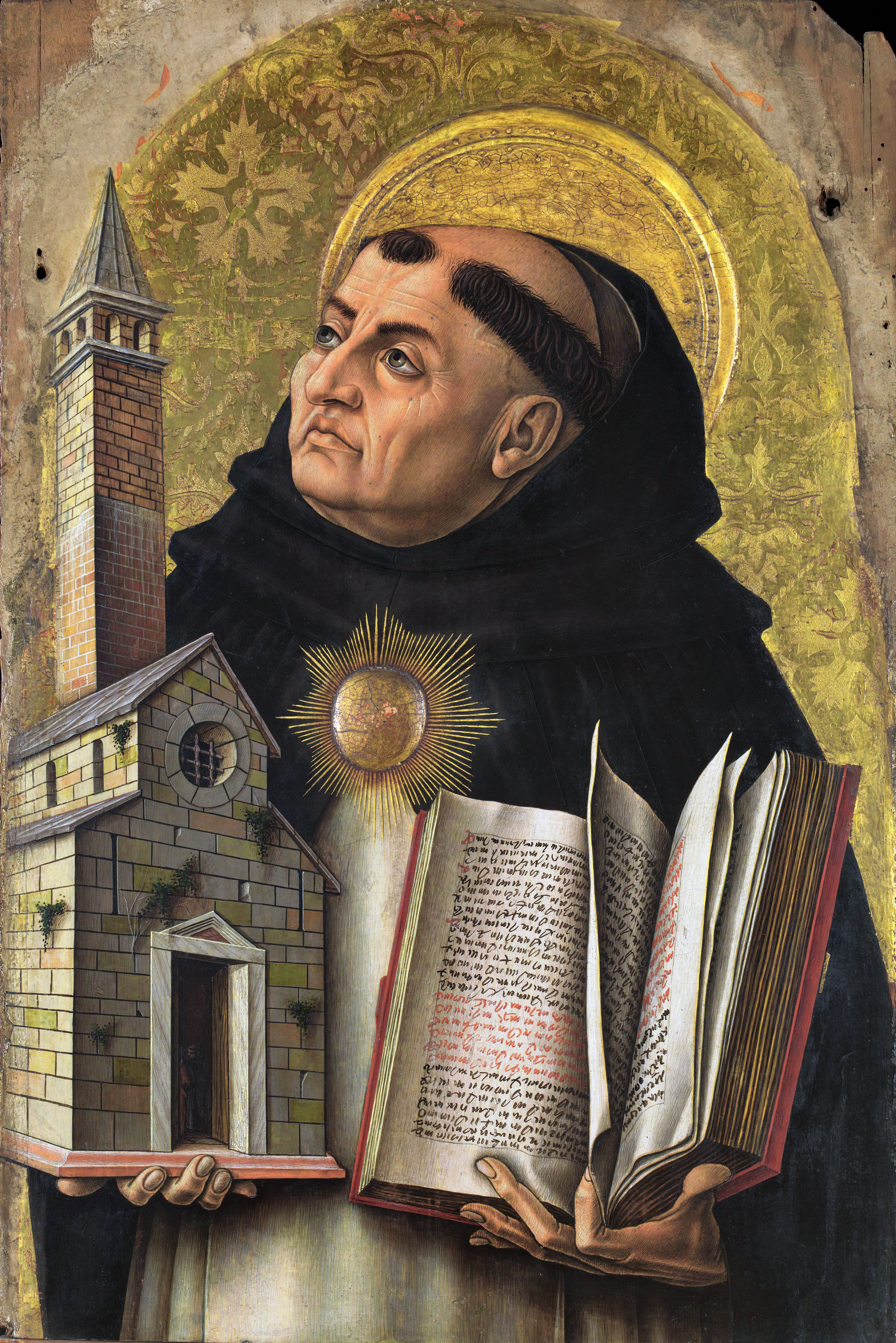Duns Scotus, John, approximately 1266-1308
Enlarge text Shrink text- Encyc. Brit.(Duns Scotus, John (b. c. 1266, d. 9/8/1308))
- Encyc. Amer.(Duns Scotus, John (1265/1266-1308))
- Pérez de Tudela y Velasco, J. Identidad, forma y diferencia en la obra de Juan Duns Scoto, 1981:t.p. (Juan Duns Scoto)
- Zieliński, E.I. Jednoznaczność transcendentalna w metafizyce Jana Dunsa Szkota, 1988:t.p. (Jana Dunsa Szkota)
- Sein und Trinität, 1997:t.p. (J. Duns Scotus)
- Filosofskie akt︠s︡ii, 2011:p. 200 (Иоанн Дунс Скот = Ioann Duns Skot)
John Duns Scotus ( SKOH-təs; Ecclesiastical Latin: [duns ˈskɔtus], "Duns the Scot"; c. 1265/66 – 8 November 1308) was a Scottish Catholic priest and Franciscan friar, university professor, philosopher and theologian. He is one of the four most important Christian philosopher-theologians of Western Europe in the High Middle Ages, together with Thomas Aquinas, Bonaventure and William of Ockham. Duns Scotus has had considerable influence on both Catholic and secular thought. The doctrines for which he is best known are the "univocity of being", that existence is the most abstract concept we have, applicable to everything that exists; the formal distinction, a way of distinguishing between different formalities of the same thing; and the idea of haecceity, the property supposed to be in each individual thing that makes it an individual (i.e. a certain “thisness”). Duns Scotus also developed a complex argument for the existence of God, and argued for the Immaculate Conception of Mary. The intellectual tradition derived from Scotus' work is called Scotism. Duns Scotus was given the scholastic accolade Doctor Subtilis ("the subtle doctor") for his penetrating and subtle manner of thought. He was beatified by Pope John Paul II in 1993.
Read more on Wikipedia >
 Personality
Personality


 - Studiolo di Federico da Montefeltro.jpg)







